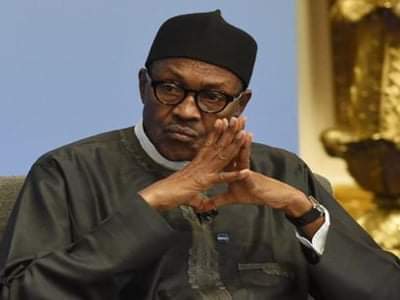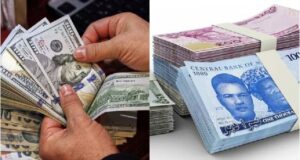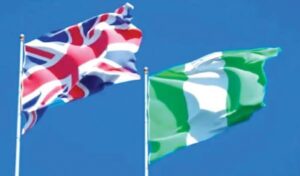
President Muhammadu Buhari has said his administration is proposing to exempt minimum wage earner from personal income tax.
The new move by the Buhari’s government is inculcated in the 2020 Finance Bill. When passed into law, minimum wage earners will be exempted from tax.
“We are proposing in the new Finance Act that those who earn minimum wage should be exempted from paying income tax.” Buhari said.
The president said these provisions which complemented the tax breaks given to small businesses last year, would not only further stimulate the economy, but were also a fulfillment of promises made to take steps to help reduce cost of transportation and the impact of inflation on ordinary Nigerians.
He said his government was working with the Central Bank of Nigeria, the Nigerian Sovereign Investment Authority and state governments under the auspice of the National Economic Council to design and put in place N15 trillion Infraco Fund which would be independently managed.
In his words: “These provisions which complement the tax breaks given to small Biz last year will not only further stimulate the economy, but are also a fulfillment of promises made to take steps to help reduce cost of transportation & the impact of inflation on ordinary Nigerians.
”We are working actively with Central Bank, Nigerian Sovereign Investment Authority and State Governments under the auspices of the National Economic Council to design & put in place a N15 trillion Infraco Fund which will be independently managed.
“The Infraco Fund will help to close the national infrastructural gap and provide a firm basis for increasing national economic productivity and growth.”
Buhari: FG to exempt minimum wage earners from personal income tax over rising inflation
by The Cable
President Muhammadu Buhari has proposed the exemption of minimum wage earners from personal income tax.
The proposal, which will be included in the 2020 finance bill, is expected to reduce the effect of inflation on low income earners in the country.
On Saturday, Nigeria officially slid into its worst economic recession in over three decades.
According to gross domestic product numbers released by the National Bureau of Statistics, the nation recorded a contraction of 3.62 percent in the third quarter of 2020.
The last time Nigeria recorded such cummulative GDP was in 1987, when GDP declined by 10.8 percent.
At its sitting on Wednesday, the federal executive council approved the 2020 finance bill which, among others, seeks to amend various acts of 13 taxes, including the personal income tax act.
Zainab Ahmed, minister of finance, budget and national planning, said the bill will improve the country’s tax laws while also reducing some taxes especially for small businesses in addition to those already reduced in the 2019 finance bill.
Ahmed said the bill will be transmitted to the national assembly for consideration and passage into law.
In a tweet on Monday, the presidency announced that the bill will also include exemption of minimum wage earners from personal income tax to cushion the effect of inflation.
In order to reduce the impact of inflation on Nigerians, the @MBuhari administration, is, through the 2020 Finance Bill, proposing the exemption of minimum wage earners from Personal Income Tax. #FinanceBill2020
“In order to reduce the impact of inflation on Nigerians, the President Muhammedu Buhari administration, is, through the 2020 Finance Bill, proposing the exemption of minimum wage earners from Personal Income Tax,” the tweet reads.
In April 2019, Buhari signed the national minimum wage bill into law. The senate and house of representatives had earlier passed the bill approving N30,000 as the new national minimum wage.
Nigerians should be.
By Kazeem Ugbodaga











